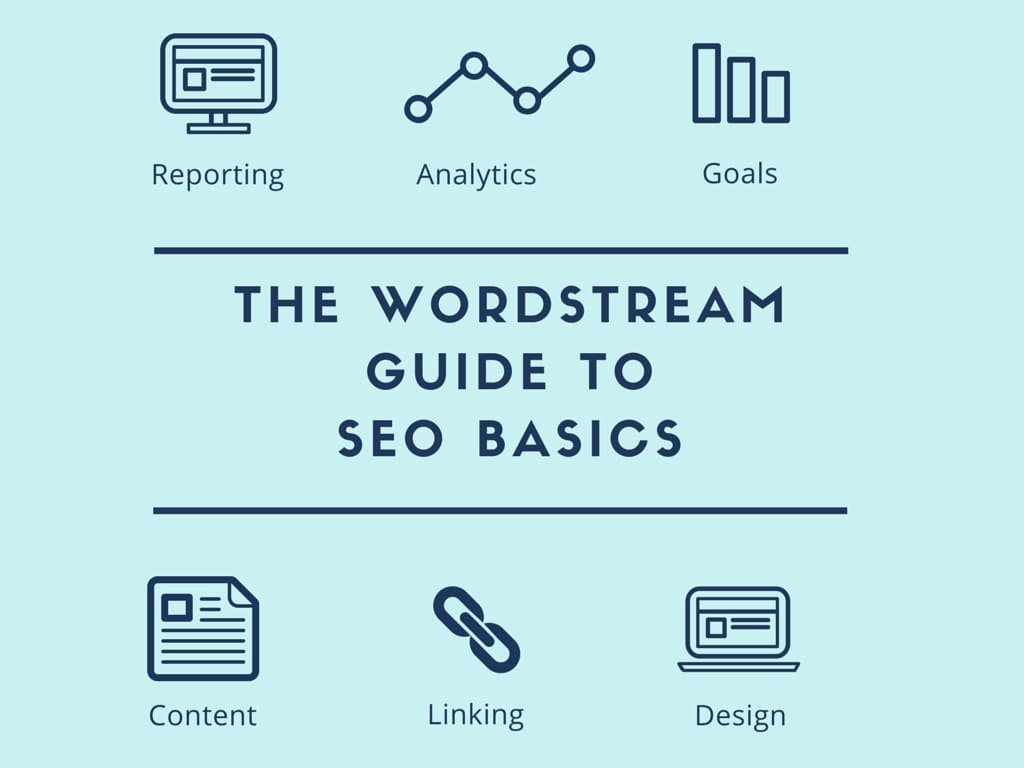Business Case For Breastfeeding – Supporting Nursing Mothers at Work
Breastfeeding is the process of feeding an infant human breast milk. Human breast milk can be fed directly from the mother’s body or expressed manually. The World Health Organization recommends exclusive breastfeeding for the first six months of a baby’s life. If this is not possible, an option is to pump the milk or express it. The process is known as breastfeeding. The process of breastfeeding is a natural one. It is a safe and effective way to feed an infant.
In addition to providing health benefits, breastfeeding also lowers the company’s health care costs. The first few months after birth are critical to establishing a good milk supply. In the hospital, you can ask your nurse for a private room for breastfeeding. A well-lit space to breastfeed can prevent the risk of catching the flu or other illnesses. Visiting the lactation clinic during this period will ensure that your supply is adequate. Moreover, it will encourage the growth of your baby’s immunity.
In order to ensure that your baby receives breast milk, your hospital should support breastfeeding. If it is impossible to continue breastfeeding at home, your hospital may offer a rooming-in program. This option allows parents to be together with their babies 24 hours a day. There are many resources available for doctors and other medical professionals to help them support new parents in their efforts to breastfeed. There are also lactation support groups that can help you transition back to work.

Aside from health benefits, breastfeeding reduces the risk of diseases like cardiovascular disease, ovarian cancer, and rheumatoid arthritis. In addition, human milk is much cheaper than formula. It is also easier on a mother’s schedule than formula. In the first few weeks of breastfeeding, the mother is required to feed her baby every two to three hours. Further, breastfed babies are more likely to need more frequent meals than formula-fed ones.
While breastfeeding is not a legal requirement in every state, it can be challenging to find a private place to pump milk at work. However, the Business Case for Breastfeeding provides employers with tools to help them make the case for support for breastfeeding. While it may be difficult to find such a place, it can help a breastfeeding mother maintain a positive relationship with her employer. Ultimately, it will benefit the company in several ways.
Educating decision-makers is important. Not only will it help the mother and the baby bond, it will also improve the company’s public relations. Employees who are supported in their breastfeeding journeys will be more productive. Furthermore, companies that provide lactation breaks will be more likely to retain and recruit employees who are breastfeeding. And, because women are more likely to express milk at work, they will be more effective at their jobs. The benefits of this are numerous.
There are many benefits to supporting breastfeeding employees at work. These benefits include a lower risk of ovarian cancer in women who breastfeed. While it is challenging for breastfeeding women who return to work, it is still important for employers to support their employees and increase their chances of success. It will also benefit the baby’s health in the long run by improving their immune response. And, the best part is that it saves money! The business will be more efficient, and they will be more satisfied with their work-life.
Ample break time is important for breastfeeding mothers at work. It will give her the time she needs to breastfeed. It will also make her more productive. As a result, you will be more productive at work. The workplace environment will be better suited to your breastfeeding needs and requirements. Ample breaks and a healthy diet are the most important things a breastfeeding mother needs. But not only does it make her baby healthier, it also saves you money.
Aside from preventing sex discrimination, most employers have no problem accommodating breastfeeding mothers at work. According to federal law, they cannot discriminate against pregnant women and their babies because they are breast-feeding. In addition to this, they must provide facilities such as space and a modified uniform. In addition to these, the new mother should also be able to nurse her baby without interruptions. In a workplace where there is no lactation room, it is not advisable for the mother to express milk.









Leave a Comment